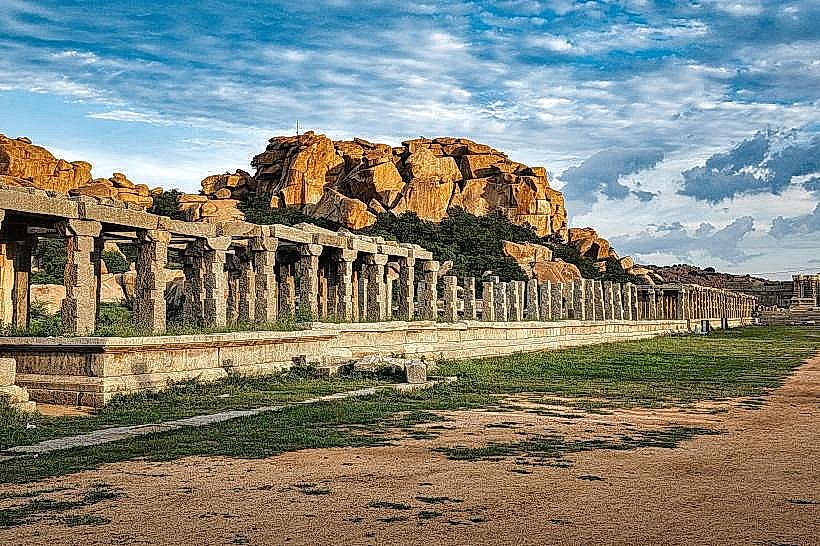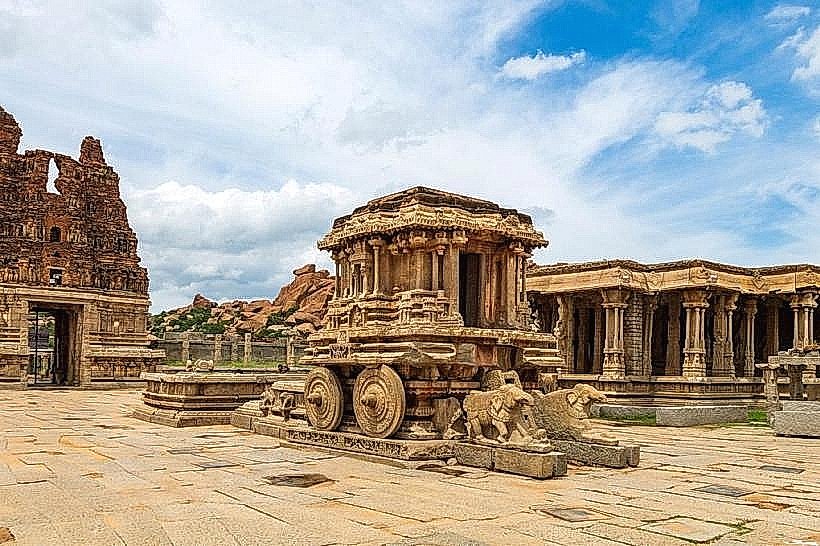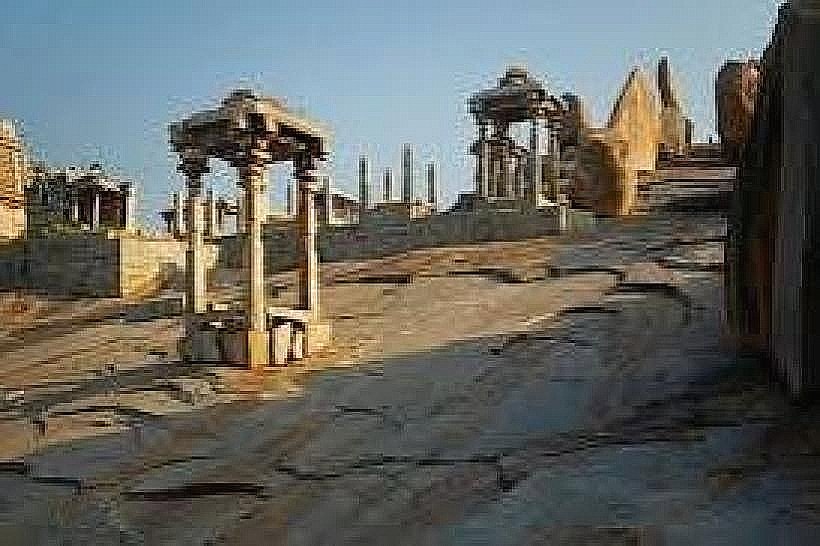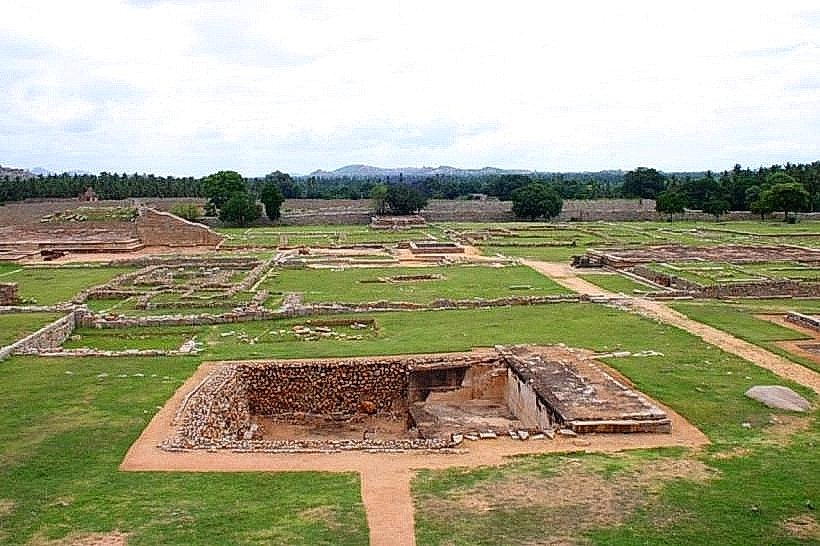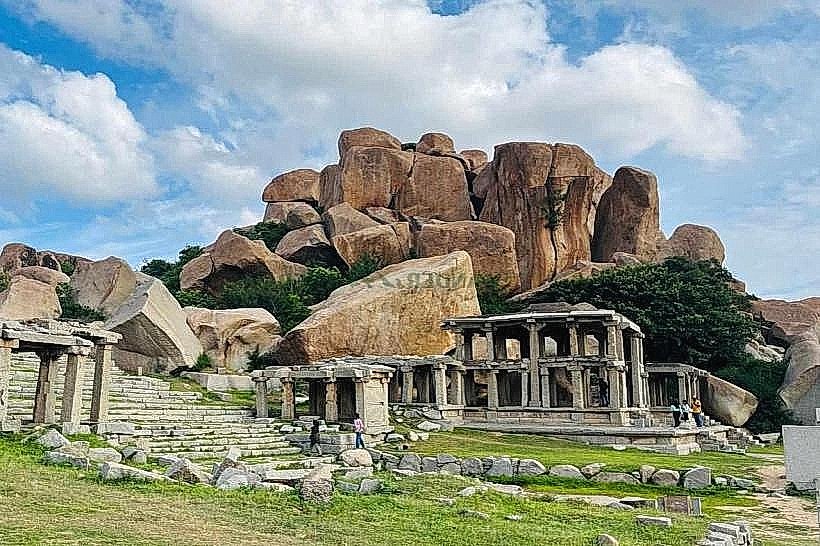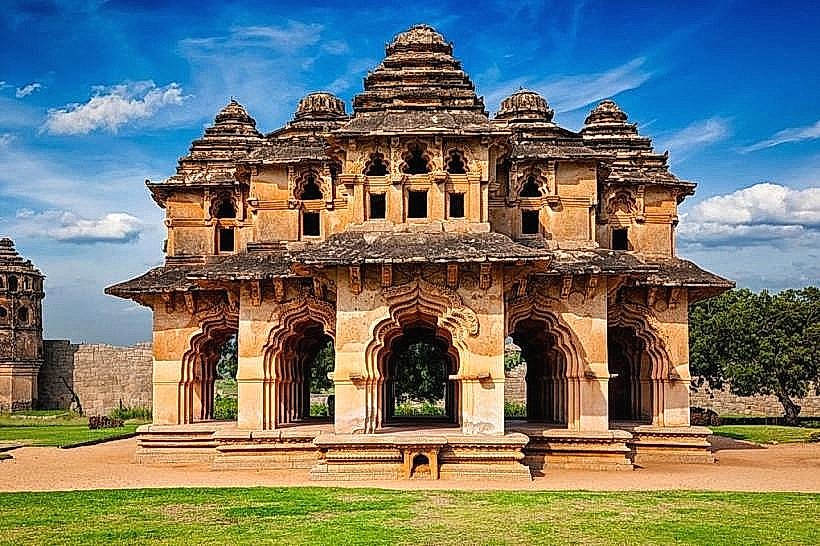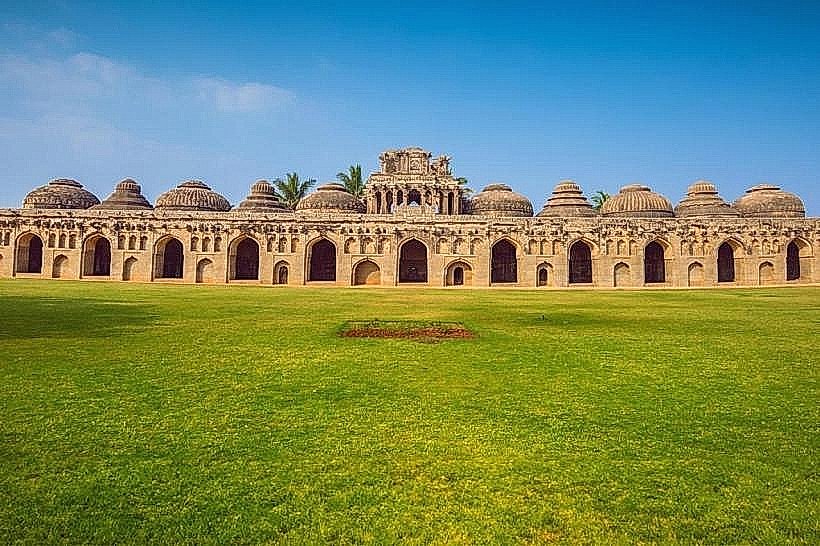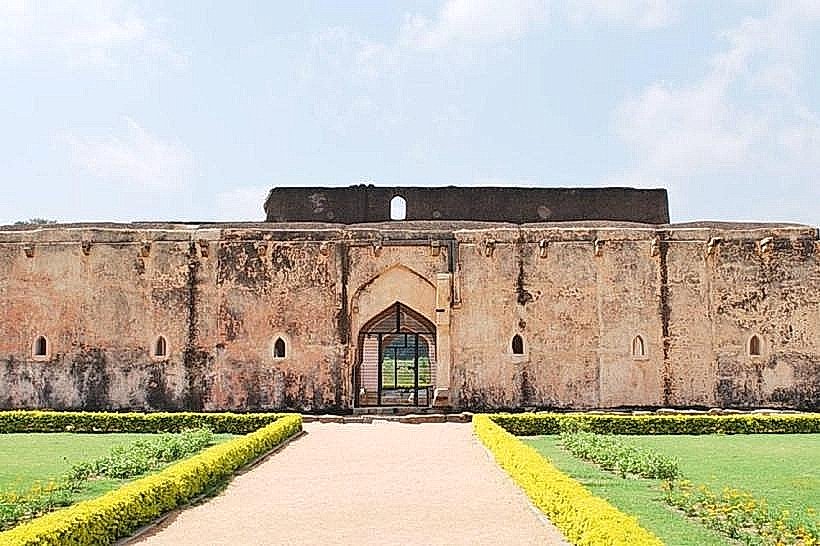Information
Landmark: Virupaksha TempleCity: Hampi
Country: India
Continent: Asia
Virupaksha Temple, Hampi, India, Asia
The Lake Palace is a former royal summer palace situated on Jag Niwas Island in Lake Pichola, Udaipur, India.
Visual Characteristics
The palace is constructed primarily from marble and sandstone. Its exterior features white marble walls, intricately carved screens (jalis), and domed chhatris. The structure rises directly from the lake's surface, with multiple courtyards, terraces, and pavilions. The architectural style is a blend of Rajput and Mughal influences.
Location & Access Logistics
The Lake Palace is located in the center of Lake Pichola. Access is exclusively via boat from the City Palace complex's Jagdish Pol jetty or from the Ghataur jetty. Boat transfers are operated by the Taj Lake Palace hotel, which currently occupies the palace. Private boat hire is not permitted for general access.
Historical & Ecological Origin
Construction of the palace began in 1743 under the patronage of Maharana Jagat Singh II, the ruler of the Mewar kingdom. It was originally intended as a royal pleasure palace and a summer retreat. The island itself is a natural rock formation within Lake Pichola.
Key Highlights & Activities
Guests of the Taj Lake Palace hotel can experience the palace's architecture and interiors. Activities include dining at the hotel's restaurants, enjoying views of the surrounding lake and city, and participating in hotel-organized cultural programs. General public access to the palace itself is restricted to hotel guests.
Infrastructure & Amenities
The palace, as a luxury hotel, offers comprehensive amenities including guest rooms, dining facilities, and recreational areas. Cell phone signal (4G/5G) is generally available within the hotel premises. Restrooms and shaded areas are integrated into the hotel's design.
Best Time to Visit
For optimal photography, the early morning (sunrise) and late afternoon (sunset) offer the best natural light on the palace's white marble. The cooler months between October and March provide the most pleasant weather for visiting Udaipur and enjoying boat rides on the lake.
Facts & Legends
A local legend suggests that the palace was built on an island to provide a secluded escape for the royal family, away from the political intrigues of the mainland. It is also said that the palace's construction was so rapid that it was completed in just three years.
Nearby Landmarks
- City Palace (0.2km West)
- Jagdish Temple (0.3km West)
- Bagore Ki Haveli (0.4km West)
- Gangaur Ghat (0.5km West)
- Ambrai Ghat (0.6km South-West)

